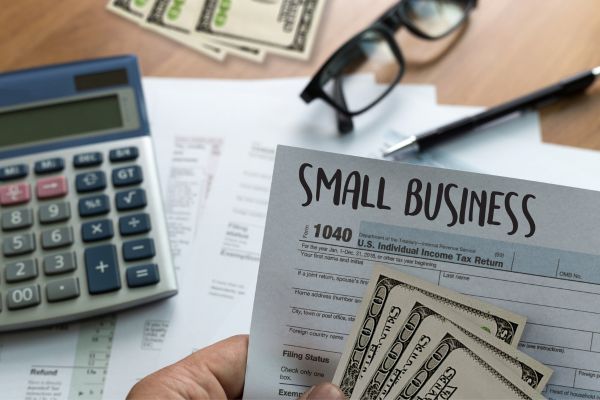Bookkeeping is not something you enjoy unless you are an accountant. However, it is possible to avoid costly mistakes when it comes record keeping by adopting good habits early. These tips will help you keep your Small Business Bookkeepers in order.
You likely keep a lot about the financial details of your company in your head, such as which suppliers you need to pay and which customers have outstanding accounts. This is a good way to go. You won’t have to learn new software and there’s no risk of losing all your data. Additionally, you can adjust your budget whenever you want without having to sit down at a computer.
If you don’t have a system in place and processes, unexpected surprises can occur, goals may be overlooked, and important paperwork can get lost. A better understanding of your money will help you achieve long-term goals and smoothen seasonal fluctuations in your cash flow. It can also improve your profits. You can also avoid trouble by utilizing the Canada Revenue Agency.
Plan for major expenses
Be open about the costs that may be incurred in the next five years. Are you likely to need to update your facilities? Are you aging your office equipment?
It is important that you recognize the seasonal changes in your business and how they affect your ability spend during these times.
You can avoid spending money on major upgrades or staffing costs in the good months, and not be short in the slow months.
Keep track of your expenses
It can be difficult to track expenses, so you might be missing tax write-offs you could have benefitted from.
The business credit card can be a useful tool to track all expenses. It doesn’t matter how late you are with your payments. Many providers now categorize your bill into different types of expenses. This will make it easier for you.
It is a good idea to keep track of who you are meeting with for each of your coffee dates, lunches, and other events in order to help you prepare for audits. If you are audited, this will allow you to prove your expenses and help with your tax records.
This applies to car mileage. You should keep track of how far you drive to get to meetings.
Correctly Record Deposits
You should keep track of all deposits to your bank account, regardless of whether it is a pencil and a pen, an Excel spreadsheet, or financial software such as Sage.
Your account will likely be credited with a number of deposits throughout the year. You can make loans, sales revenue, or cash infusions using your personal savings. You could be subject to income tax if you don’t account for the origin of each deposit.
Save Money for Taxes
You know you will have to pay taxes. You should save money for this. Paying taxes late can result in penalties and interest from CRA. Make sure you have enough money to pay your taxes when you need it.
You can make it less painful by putting money aside each month or every time you pay a contract.
Pay attention to your invoices
Paying late or unpaid bills can impact your cash flow. Designate someone to monitor your billing. Set up a procedure for what to do if your bill is not paid. This could include issuing a second bill, calling and even imposing penalties like extra fees for late payments.
Plan for clients who are 30-60 or 90 days late. Every late payment will result in a loss of cash flow and an interest-free loan.


